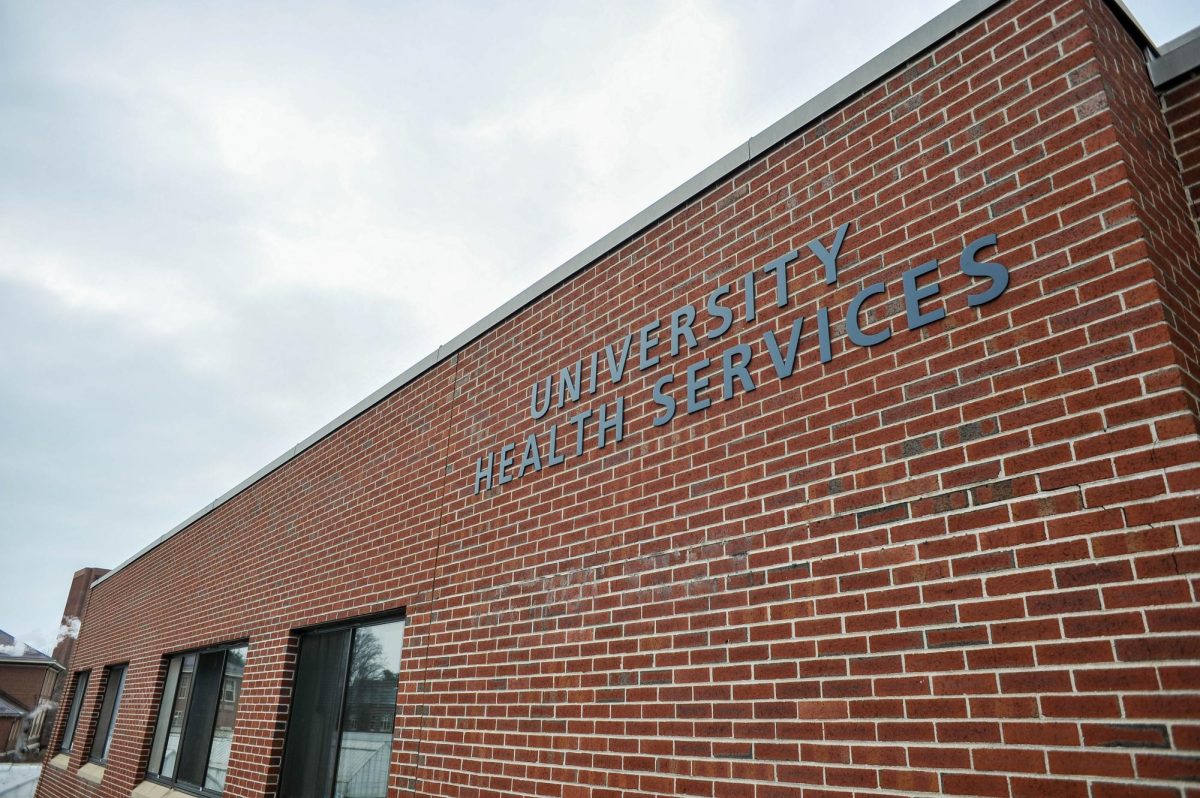According to the Commonwealth’s Constitution, education is to be “cherished” in Massachusetts. Education funding tells a different story. Since 2001, spending on public higher education has fallen by nearly 30 percent, and the Foundation Budget for K-12 schools has been left unadjusted despite the continued existence of the clear disparities in local spending it was meant to address. As tuition and fees at public colleges and universities rise to compensate for this lack of funding, students pay more for what was once an affordable public service.
It’s for these reasons that Senator Jo Comerford has introduced the Promise and Cherish acts into the state legislature, which would see over $1 billion reinvested in K-12 schools and $500 million in public colleges, respectively. The Center for Education Policy and Advocacy, along with the Public Higher Education Network of Massachusetts, has joined a statewide coalition to advocate for these bills. On March 21, we will meet with legislators in Boston in an Advocacy Day that students, faculty and staff are all encouraged to join in the fight for a debt-free future.
Our legislators will no doubt ask where the money for all this will come from. For this exact reason, the Massachusetts Teachers’ Association has developed several different plans to raise revenue once the Promise and Cherish acts are passed. Raising capital gains tax from the current 5.02 percent to the 12 percent it once was would raise $800 million in its first year of implementation. Eighty percent of capital gains taxation would only affect the top one percent of household incomes, so it would be far from a burden on the average taxpayer. A 1.6 percent tax on private colleges with more than $1 billion in their endowments would yield $1 billion each year in revenue. In one of the wealthiest states in the country, the means to give our students a quality, affordable education are right in front of us – we only need to present our representatives with the facts.
We have the ability to fund our future and ensure that our students have the services they deserve without taking on overwhelming debt; it’s only a matter of holding our legislators accountable to their responsibilities.


















